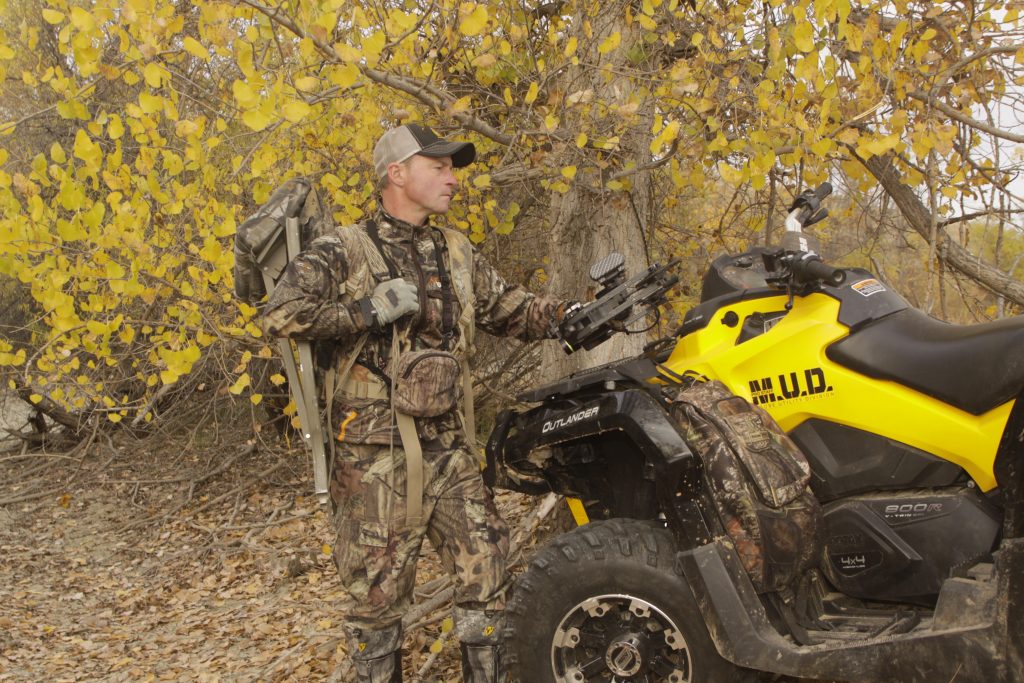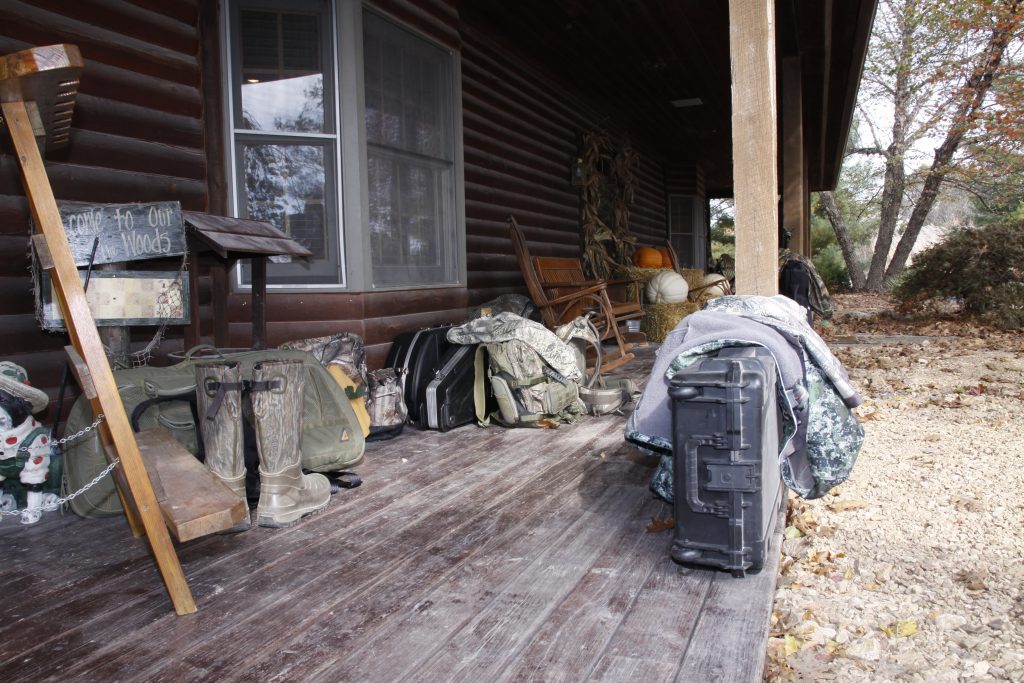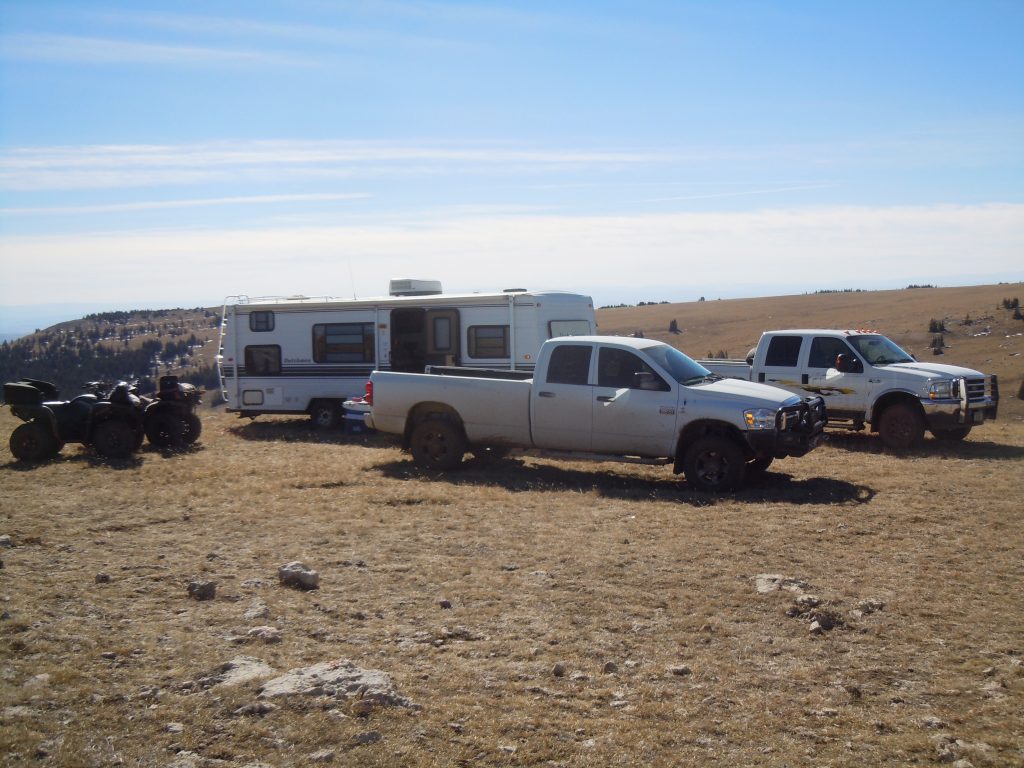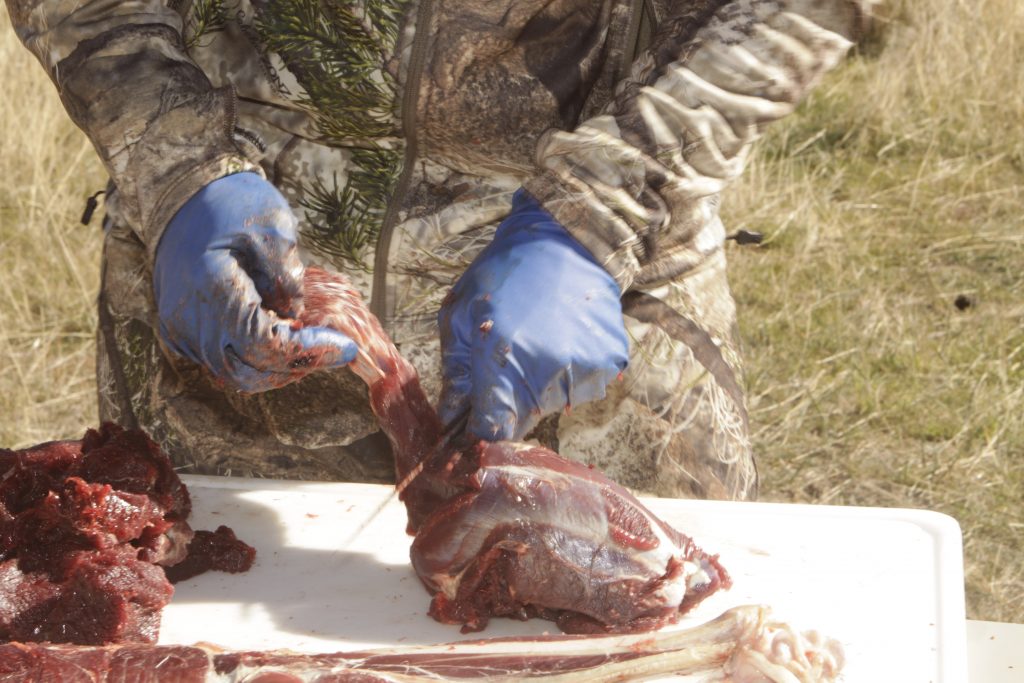Road Warriors
Before you hit the highway, have a plan for a successful road-trip hunt.
In addition to outfitting your vehicle with gear to complete a cross-country hunting trip, you must have a plan for every segment of the journey. After you outfit your vehicle with tools, jumper cables, extraction equipment, tire repair gear and extra fluids, including fuel, craft a strategy to guarantee your hunt operates smoothly with the fewest hiccups. Begin with your primary hunting equipment.
Back Up Your Hunt Primaries
Driving is drudgery for some, but during a hunt, consider it the best way to bring the kitchen sink. Flying to any hunt leads to a minimalized existence in the field and no backup gear. Your first backup should be your hunting tool.
Turkey hunters should add another shotgun in the hard case and big-game hunters need a substitute sighted-in rifle or outfitted bow. If a backup hunting tool is not financially doable, pack a repair kit to fix any common problems. Bow sights and rests occasionally break. A spare of either makes sense if you cannot afford a second bow.


You cannot find game you do not see. If optics make or break a hunt, back them up. Two binoculars, two rangefinders or whatever your budget can afford should be included. For those depending on prescription eyewear, stow spare eyeglasses or contacts. The same goes for navigation. Download proper maps on your smartphone from hunting apps, such as HuntStand, and back that up with a GPS, compass and old-school map. A spare flashlight makes sense, particularly if you spend part of the day hiking in the dark. And regardless of the gear, pack auxiliary energy sources for all. Trail cameras especially devour batteries.
Now think about clothes and footwear, and create a list of items required in duplicate such as boots, gloves, hats and extra layers. Maybe your hunt occurs during a rainy period. What happens if your rain jacket tears when you’re hours from a sporting goods store? A backup jacket or at least a roll of duct tape could save the day.
Some items might not seem important enough to back up, such as a backpack. Even so, I had a buckle break on a road-trip hunt this past fall, but I stashed a spare buckle inside the pack for immediate installation. Look at all extra items in that manner. If it’s vital to the hunt and has a mechanical nature, it can break. Pack for success, and don’t rely on others for backup gear.
Lock it Up or Lose It
The worst thing I had stolen on a hunt was an entire elk I left when I hiked back to move my truck closer to the kill site. I had no way to chain up that elk, but it taught me a lesson about locking up other valuables while on a road trip hunt.
In today’s environment of increasing crime, theft might invade your hunt at any turn of the road, so be vigilant and proactive. Someone might heist your entire vehicle, but firearm theft ranks high with bad people. Before leaving home, have all firearm serial numbers and a description of all guns noted. Next, pack them in out-of-sight or veiled areas. A couple of duffel bags and a cooler work perfectly to hide gun or bow cases.

Some vehicles include car alarms, and they should be checked before departing, along with all door locks. Secure enclosed trailers with hardened locks designed to withstand bolt-cutter access. Never leave any valuables exposed in truck beds or on a flatbed trailer unless they are chained and secured with locks.
Some trips might require an overnight stay. Bring anything of value or easily visible in a vehicle inside to avoid overnight theft. Unpacking and packing takes additional time, but not as much time as replacing a lost bow or valued shotgun. Park your vehicle in a well-lighted area that might have security camera surveillance. If a stop looks especially rough, your planning might need upgrades, such as wheel locks, steering wheel locks and even locking lug nuts. And if a motel room becomes camp, never leave gear critical to your hunt in the room. During one hunt, I left a laptop in a respected hotel. I never saw it again.
At camp, follow a similar protocol. Do not leave gear unsecured on a hunting porch or in an outbuilding. Unhooked trailers should be secured with a hitch lock or even chained to a tree. ATVs should always have keys removed when not in use. Put one of your extra trail cameras to work as a surveillance resource camouflaged to monitor the camp or a main entrance.
Prep Your Game or Lose It

All required licensing, whether paper or on your smartphone, should top your away-game checklist. Next, study the rules and regulations for your hunting destination, especially as they pertain to the tagging, handling and transportation of game. Chronic wasting disease regulations top the list for those hunting big game. It’s nearly impossible to transport a whole animal nowadays. Many states require you to butcher and only bring packaged meat back, and any trophies must be meat-free. These rules beg you to be prepared for game extraction from the field and preparing meat and trophies for legal transport, notably across state lines.
Bird hunters — yes, turkey hunters — must be aware of leaving legs, wings or even a head attached to a carcass. Some states require the beard to be packed with meat, and see-through freezer bags might save you when a count needs to be undertaken for limit checks. Big-game hunters should read up about leaving evidence of sex attached to a portion of the carcass. Montana is a prime example.
In particular, study all licensing requirements for travel and whether a transportation permit is required. A widespread practice is for one person in a party to haul all meat in a cooler or even a trailer-mounted chest freezer. That person must have the proper paperwork or parties available for any game checks. If not, an over-the-limit violation could happen.
Hunting road trips offer a unique opportunity to bond through a long journey. Keep the memories happy with a plan to accommodate the journey from start to finish.
